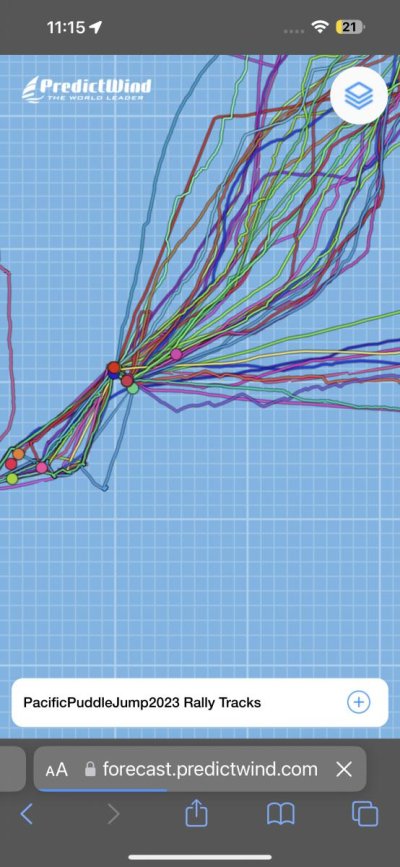They can and do. Plenty of examples. It isn't any different than if they get a satphone call (which comes through the same system). It carries more information and more current information than an EPRIB.
Now I think you should have both a sat comm device and an EPRIB, but your reponse might just be better with the sat com, because the nature of the distress, urgency, number fo souls, etc. can be communicated. An EPIRB is more like butt-dialling 911 - contains little information other than the ring tone.
DDW you are so out of date!
Firstly, picking up on BruceK's comment above. Marine safety for recreational boats in Australia is a State function. In Queensland EPIRB's are part of a whole bunch of Safety items that are
Mandatory if operating beyond "Partially Smooth Waters". Then there are the requirements for commercial vessels, covered by AMSA, which is an Australia-wide requirement. It has the 2 nm provision. Their EPIRB'S need to be the float free models. I put that model, with GPS, on my boat.
https://www.amsa.gov.au/safety-navi...find-out-what-changes-mean-your-dcv-operation
So we all have them, and nearly everyone is going to have the model that includes a GPS chip, which transmits the beacon's position automatically. It costs very little more. My PLB is old, but new ones are available with GPS also. That little chip removes "Search" from the "Search and Rescue" situation. Well, to within 20 or 30 feet. Should be close enough for you to be found by anyone who is looking.....
So, if you have an EPIRB or PLB that does not include the GPS chip then upgrade before going very far from home. If you don't have either device then I won't tell you to get lost, but you might very well stay lost (and might not be rescued)!
Seriously, fit an EPIRB to your vessel ASAP, preferably the float-free model and attach PLB's to lifejackets used by each of your permanent crew. All GPS enabled of course.
And, like everyone, glad to read Mambo's updates above.


 . I meant it that because there is no unified control over them...they aren't officially addressed the same in the system procedures. However, ALL reasonable input is used when conducting searches (at least the USCG used to).
. I meant it that because there is no unified control over them...they aren't officially addressed the same in the system procedures. However, ALL reasonable input is used when conducting searches (at least the USCG used to).